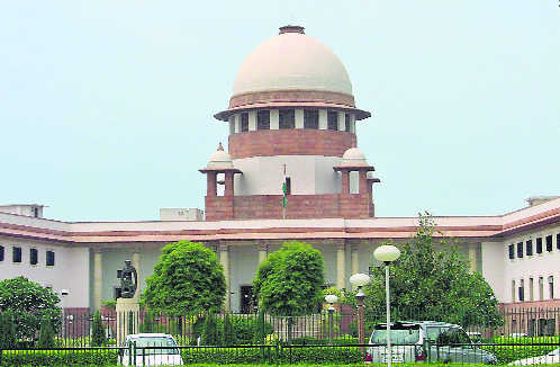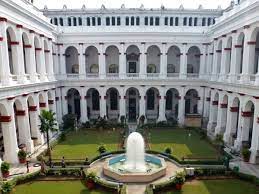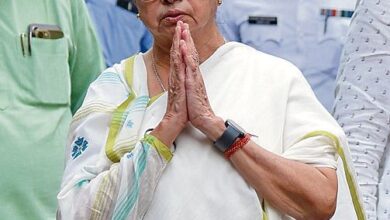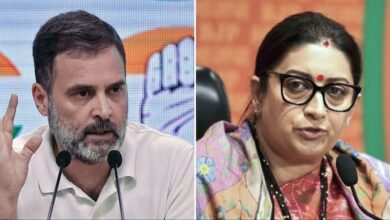MLA Amanatullah is requested by the Supreme Court to appear before ED on April 18
The Supreme Court on Monday ordered Amanatullah Khan, an AAP MLA, to join the investigation and appear before the Enforcement Directorate on April 18 at 11 a.m. in connection with a money laundering case involving alleged irregularities in the Delhi Waqf Board during his chairmanship. The court declined to grant Khan’s request for anticipatory bail.

However, a bench chaired by Justice Sanjiv Khanna directed the ED not to pursue the execution of a non-bailable warrant (NBW) against Khan, who had disregarded the investigation agency’s six summonses.
“Arrest him if there is material, and don’t arrest him if there isn’t,” the bench instructed Additional Solicitor General SV Raju, who was representing the ED. “You must abide by PMLA Act Section 19. The Bench informed the ASG that “it should not be taken for granted that he (Khan) will be arrested if he appears.”
Khan has appealed the Delhi High Court’s decision from March 11 that denied his request for anticipatory relief in the case.
The highest court made it clear that several remarks made in the high court’s ruling on the case’s merits on March 11 would not be relevant to the case. Although the high court acknowledged that an investigative body had the right to undertake an investigation, it had said that Khan, who is not included as an accused in the current ED complaint (chargesheet), should “find time and appear” in response to any summons that may have been sent to him.
In their criminal complaint, the ED mentioned five individuals, three of them were allegedly Khan’s associates: Zeeshan Haider, Daud Nasir, and Jawed Imam Siddiqui. The high court noted that the Okhla MLA had disregarded six summonses from the ED and said that lawmakers need to be aware that breaking the law might have legal repercussions since all people are treated equally by the law and public figures, including MLAs, are not above the law.
“This court questions whether a person’s repeated claims of being preoccupied with personal or professional matters may be a legitimate defense against a summons based on his status as a public figure. According to this court’s perspective, the response must be negative,” the HC had said. Three Delhi Police complaints and a CBI FIR led to the money laundering case against Khan.
The Enforcement Department (ED), which had before carried out searches on the lawmaker’s property, asserts that Khan obtained “huge proceeds of crime” in cash by hiring people illegally for the Delhi Waqf Board and used that money to buy real estate under the names of his accomplices.
The Delhi High Court’s Justice Swarana Kanta Sharma stated that the evidence on file is sufficient to demonstrate, at least prima facie, that Khan committed the money laundering offence. She further stated that Khan’s refusal to assist the investigating authorities “sets a perilous precedent” and that it is imperative that he join and assist the investigation.
The AAP leader’s disregard for investigative procedures cannot be excused, the high court said, as an investigating body is entitled to carry out its work on behalf of the public without being coerced, influenced, or avoided by a public person.
According to the ED, searches were carried out in connection with the investigation concerning the accused’s unlawful hiring of employees and their illegitimate personal profits by unjustly leasing Waqf Board assets from 2018 to 2022 while Khan served as its chair.
During the searches, the ED claimed to have found many pieces of “incriminating” material, including digital and physical evidence, which suggested Khan’s participation in the money laundering offense.






